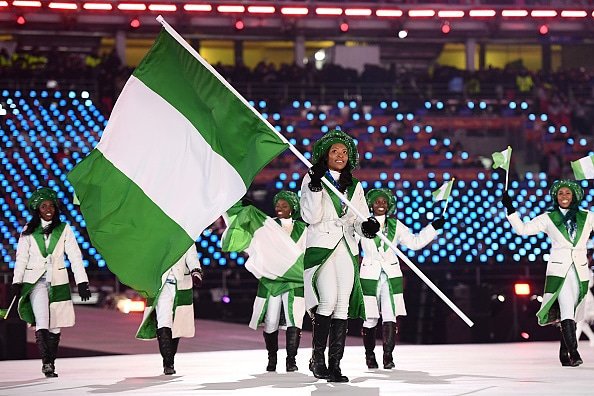Tokyo 2020 Olympics: the challenges and the way forward for Nigeria
By Abdulrazak Iliyasu Sansani Every four years, the whole world assemble in the biggest celebration of sports in the World, the Olympics. Right from the strenuous preparations, several months of…
